-
Introduction
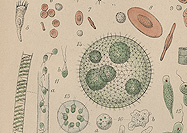
-
Tinkering with DNA
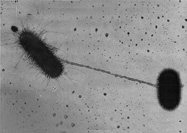
-
Harvesting Hormones
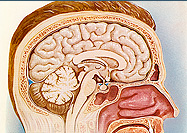
-
Making “Yellow Magic”
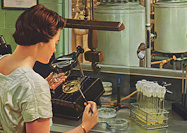
-
Living Factories
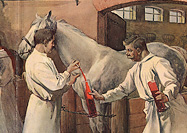
-
Brewing Mysteries
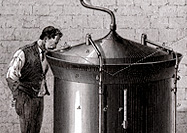
EXPLORE
Select one of the topics from above.
Introduction
MICROBES—tiny organisms too small to be seen with the naked eye—have altered human history. Life forms such as bacteria, yeasts, and molds can cause sickness or restore health, and help produce foods and beverages…
Tinkering with DNA
All organisms, from microbes to humans, are governed by the genetic code embedded in their DNA. In the 1970s, scientists inserted a human gene into the genetic material of a common bacterium. This so-called “recombinant” microorganism could…
Harvesting Hormones
Hormones are complex molecules that regulate vital functions, including growth and development. In humans and animals, hormones are produced in glands and organs such as the pituitary, thyroid, and pancreas…
Making “Yellow Magic”
Microbes are equipped with defense mechanisms to help ensure their survival. Penicillium, the bluish-green mold that grows on stale food, produces a substance that has the power to kill its bacterial competition. Many of these bacteria are also…
Living Factories
Humans and animals have natural defense systems that produce antibodies in the blood to combat bacteria and other harmful substances invading the body. In the late nineteenth century, scientists investigating this immune response in animals…
Brewing Mysteries
Beer making is an old technology that relies on microorganisms. Brewers, however, barely knew of the existence of microbes, much less the critical role they played in their livelihood. Problems encountered in beer production, motivated scientists to study…

